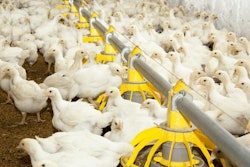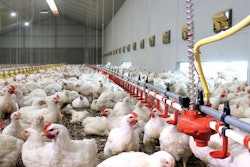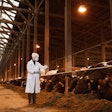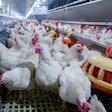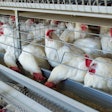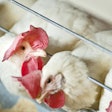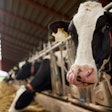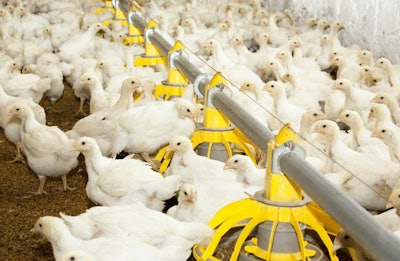
In efficient and profitable livestock production, the maintenance and enhancement of gut health is a crucial component of animal health and performance.
At the 9th edition of the FIAAP Animal Nutrition Conference, to be held March 27 in Bangkok, three conference sessions aim to identify nutrition strategies for optimizing monogastric gut health and immunity with the use of feed additives.
How to leverage phytogenic feed additives
Gut health is important for maximizing the welfare and performance of poultry; therefore, a close definition of gut health would be the capability to execute normal physiological functions and to maintain homeostasis in order to be capable of responding to infectious and non-infectious stressors.
While many studies have already addressed the potential of certain types of feed additives, during his talk, Nutriad’s business development director Daniel Ramirez will explore the improvements that can be made by optimizing single molecules and by investigating their optimal use in specific programs. He will focus on the application of butyrate and phytogenic compounds.
The use of plant-derived bioactive compounds, or phytogentics, such as herbs and spices, essential oils, polyphenols, saponins and tannins, can provide a first line of defense against disease in an animal’s gastrointestinal tract. Phytogenics have been shown to reduce the pathogenicity of the intestinal microbiota, stimulate intestinal integrity and immunity, and limit oxidation and inflammation in the intestinal epithelial cells in ways that resemble the effects of antibiotic growth promoters (AGPs).
Delacon’s director of products and innovation Dr. Jan Dirk van der Klis’s presentation, “How Phytogenics Support Resilience Against Intestinal Infections,” will examine phytogenic feed additives, their physiological functions and the modes of action that enable nutritionists to maximize their synergies to improve resilience against intestinal disorders, e.g. necrotic enteritis, dysbacteriosis and coccidiosis.
Monogastric gut health examined
With the never-ending genetic quest for broilers that grow at the lowest possible feed conversion ratio, hyperphagic birds must always be able to digest and absorb high feed intake. Considering the diverse challenges that are common under field conditions, almost all birds raised will, at some point, encounter a moment that the physiologic capacities are surpassed by their hyperphagic nature, which causes microbiota disruptions and enteritis.
In the past, the industry has focused on coping with these changes by using antimicrobial growth promoters (AGPs) and/or therapeutic antimicrobials to literally “close the gap,” but today there is a huge pressure, at least in some areas, to limit or ban those AGPs and/or antimicrobials.
Vetworks founder and poultry consultant Dr. Maarten De Gussem will explore what is needed to achieve high performance in poultry production during his talk, “Poultry Gut Health in 2018: A Holistic View.”
The one-day event will address the most pressing issues facing today’s nutritionists and animal feed producers across three tracks: antibiotic replacement, gut health and alternative proteins. Get more information to register for the event.



